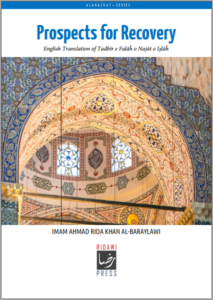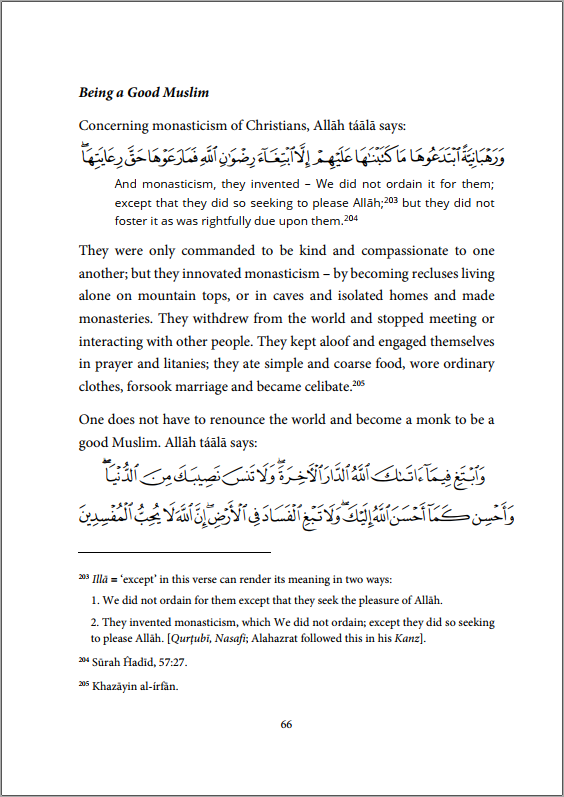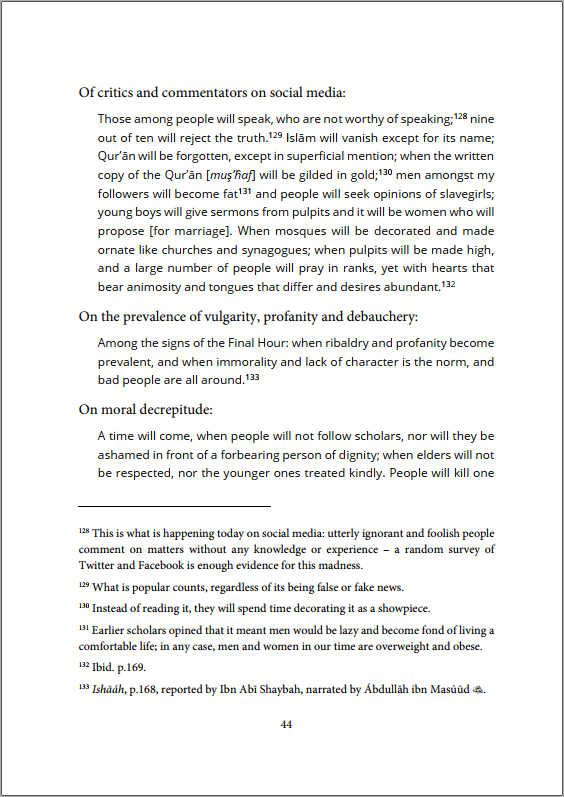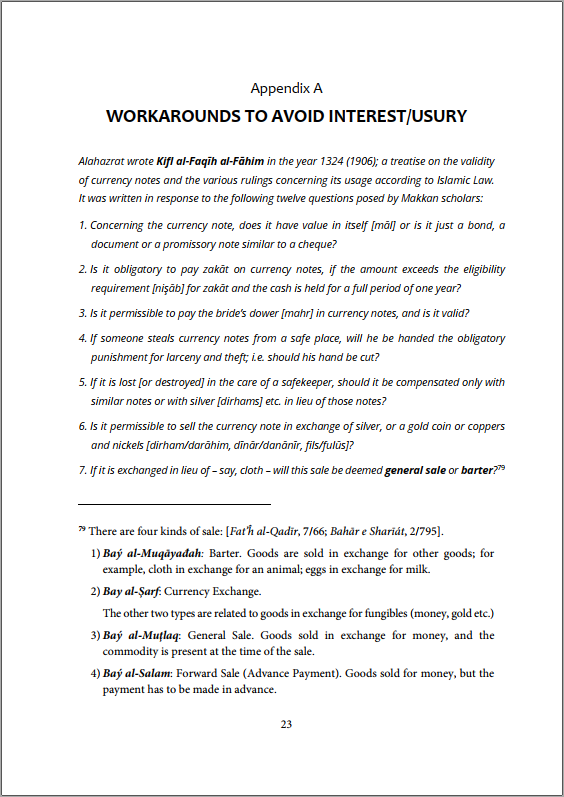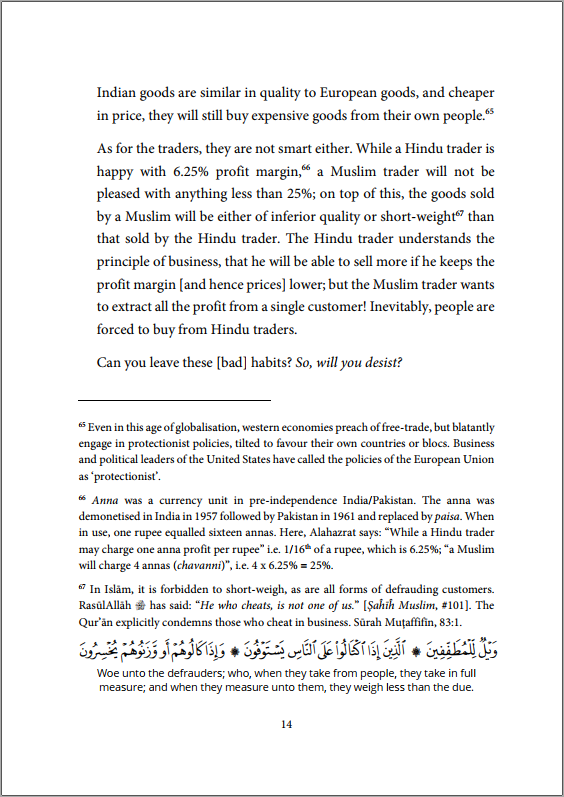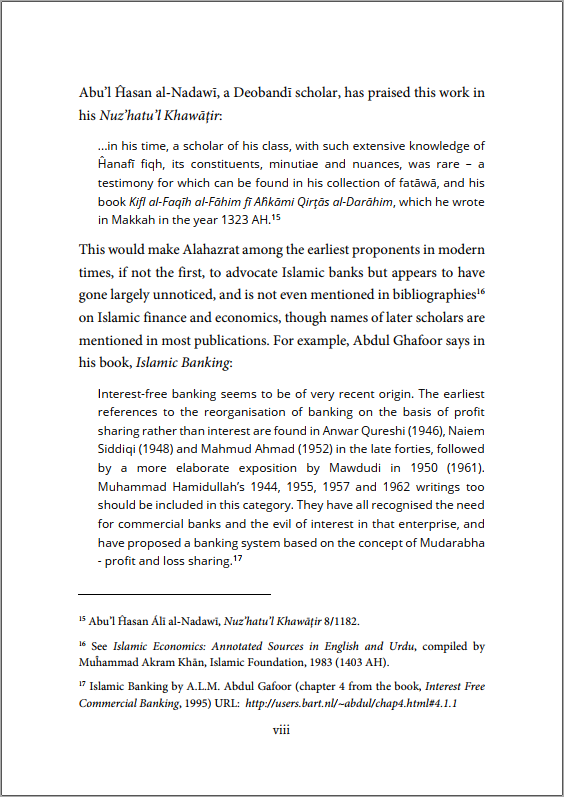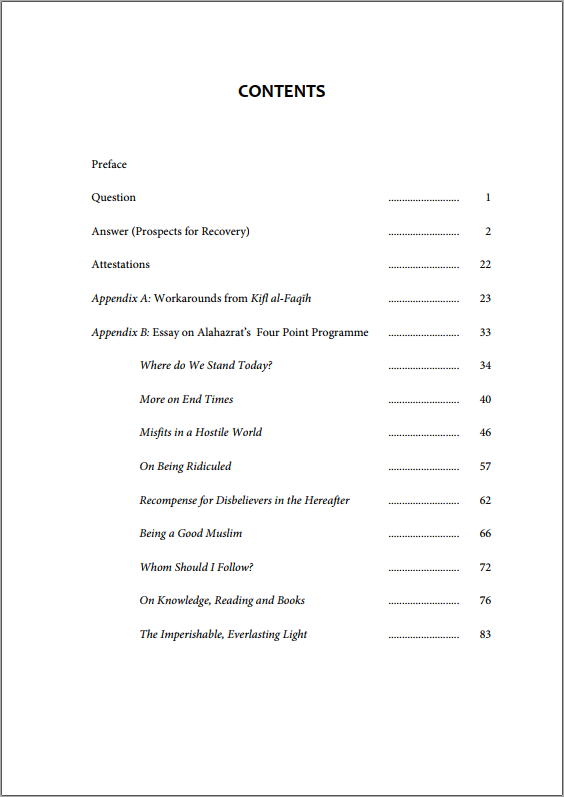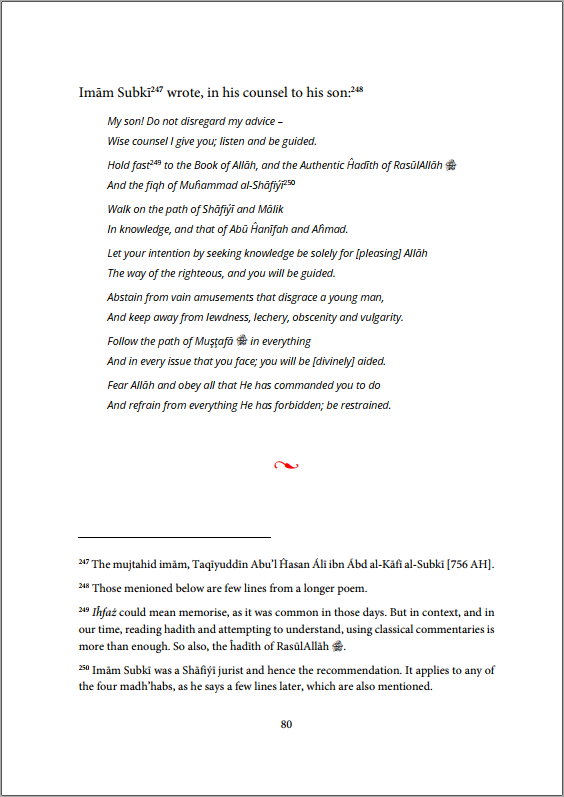The Muslim community around the world is in a deplorable state of affairs and has been for the better part of two centuries. Muslims, despite being larger than ever in numbers, are in an unprecedented position of weakness. Scholars and laymen – Muslims and non-Muslim alike – are all in agreement that Muslims went from being one of the greatest civilisations the world has ever seen to this current state of helplessness and frailty.
What happened?
What went wrong? How did we go from being the awe-inspiring, intellectual leaders of the world to the current down-trodden, splintered nation that we have now become; having little to no influence around the world. We have been in a state of free fall for decades and the downward spiral continues. What misstep did we take? Which signpost did we misread? How can fortune favour us once again? These questions have been posed for a long time and the answers have been debated for just as long.
Many deviant groups claim to have the solution and all of them profess to have our best interests at heart and the best of solutions. But for some reason, we are still stuck. So where do we go from here? Do we just accept the status quo as fait accompli and abandon any hope of change?
This book, Tadbir e Falah o Najat, by the Mujaddid of the last century, the great Hanafi jurist Alahazrat Imam Ahmad Rida Khan, was written in response to a question posed to him by one of his senior disciples. He attempts to answer these pressing questions with a hope-inspiring, uplifting, fresh zeal. He stimulates the reader into a deep introspection, drawing the attention to the root causes, rather than the symptoms, and offers practical solutions for change. His reply strikes a balance between elaboration and brevity and sets forth a plausible roadmap for recovery.
——–
This translation is accompanied by copious footnotes and appendices, which not only clarify and explain the text but also provide necessary historical context for a more rounded appreciation of the author’s point of view. This book is a must read for every Muslim, young and old alike.
Also appended is a short essay by Abu Hasan, which can be considered as a separate epistle, provides guidelines to the youth and answers pertinent questions which they often grapple with but to which they are often left in the dark.

